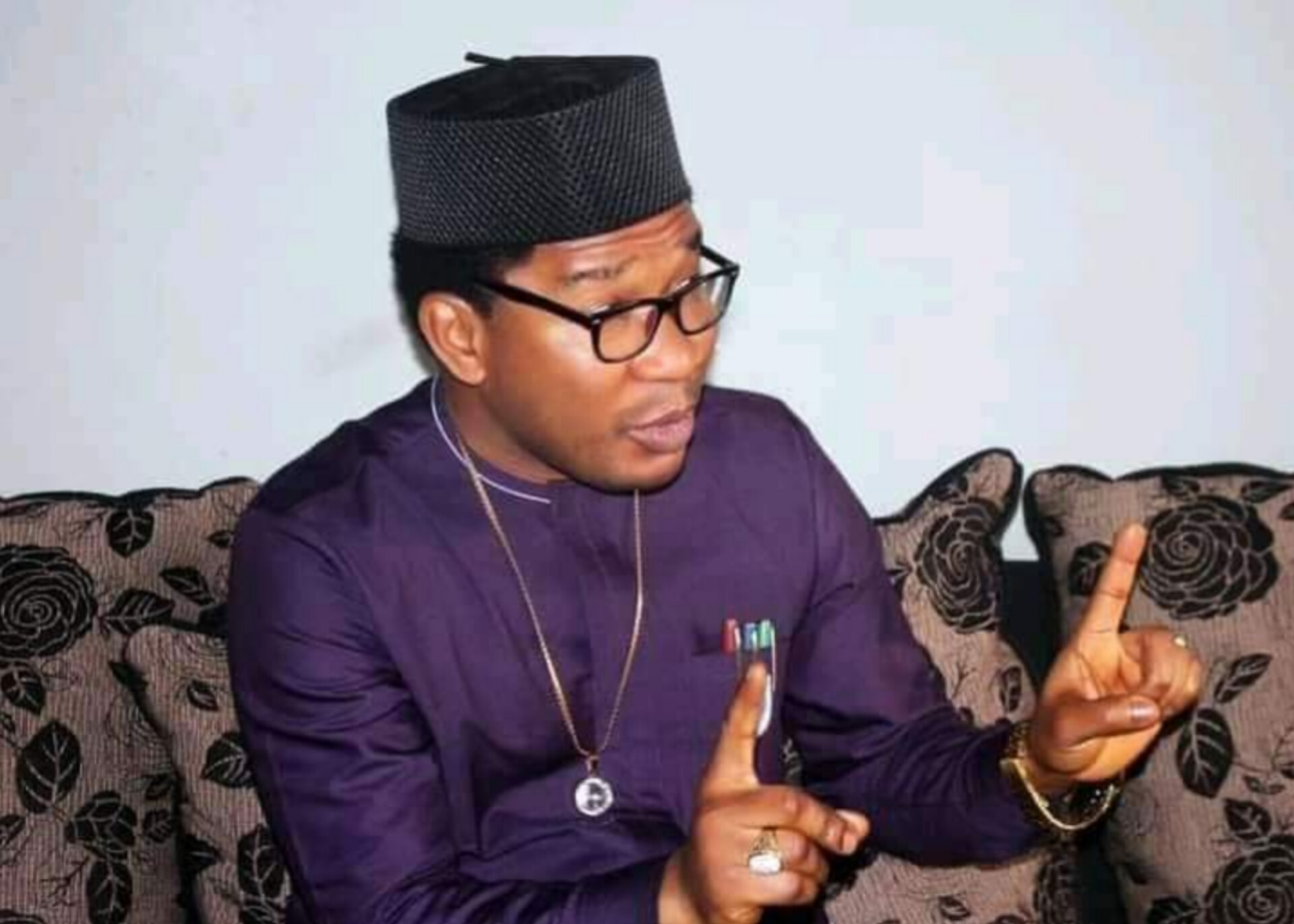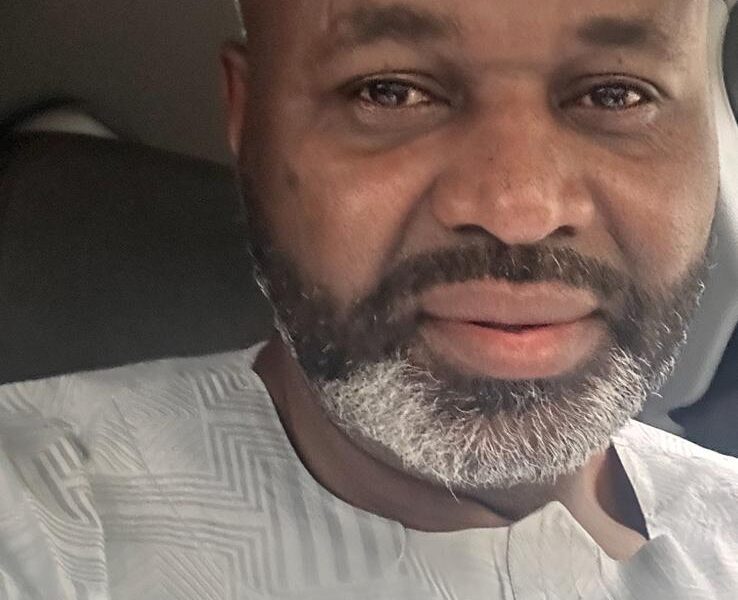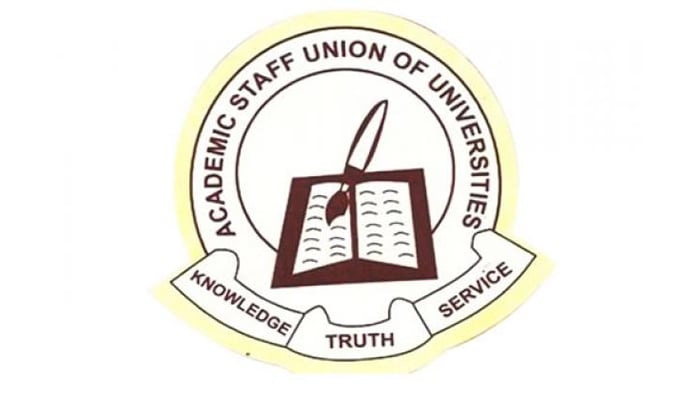The Economic and Financial Crimes Commision(EFCC) has been urged to investigate the national Chairman of INEC, Professor Mahmood Yakub, over his handlung of the funds released for the conduct of the 2023 general elections.
A former National Legal Adviser of the Inter Party Advisory Council of Nigeria (IPAC) , Barrister Chukwudi Ezeobika who made the call in Abuja on Tuesday, said many Nigerians, especially youths were displeased with the conduct of the 2023 general elections by the INEC.
Ezeobika, explained that mass exodus of youths out of the country shortly after the election was due to poor performance of the INEC.

He insisted that the INEC Chairman, Professor Yakubu Mahmood “has remained the main reason why the Nigerian youths, have completely lost hope in the entity called Nigeria and have resorted to leaving the country in droves (JAPA Syndrome).”
In the statement, Ezeobika said that Prof. Mahmood, and the electoral body’s commissioners at the national and state levels “have not only destroyed the future of many youths in Nigeria by remaining partisan in the conduct of elections but has consistently, wilfully and deliberately misled the electorate on its programmes and schedule for elections since his appointment as the Chairman of INEC.
“From its bold supervision of parallel party primaries across the States of the Federation to its declaration of false and or unpopular Candidates as winners of elections and party primaries in Nigeria, the recklessness of the electoral umpire under Prof. Yakub Mahmood can not be overemphasized.
“The misinformation to and false education of Nigerians by Prof. Mahmood Yakub-led INEC on the Bimodal Voter Accreditation System (BVAS), which is an electronic device designed to read Permanent Voter Cards (PVCs) and authenticate voters simultaneously as well as iReV which allows members of the public to create personal accounts and monitor uploaded results, increasing the transparency and integrity of the electoral process, has remained the greatest scam and falsehood in the history of elections in Nigeria.
“The cost of the inadequacies, inept and incompetence of Prof. Yakub Mahmood, in the discharge of his duties as the Chairman of the Independent National Electoral Commission, can not be overemphasised.
“From personal costs on litigation to Nigerians (Nominees and Candidates alike), which runs into several billions of Naira yearly, due to their participation in the primaries and elections monitored and conducted by INEC, to the huge financial burden on taxpayers money budgeted yearly by the Nigerian government in prosecuting civil and criminal cases which stem from the unwholesome activities of the electoral body in the discharge of its constitutional duties, it is now evidently obvious that the continued retention of Prof. Yakub Mahmood, as the Chairman of INEC in Nigeria, is not only insulting but acutely reprehensible.
“In view of the foregoing, I call on the Executive Chairman of the Economic and Financial Crimes Commission (EFCC), Mr. Ola Olukoyede to redeem the corrupt and battered image of the electoral system in Nigeria by promptly investigating billions of taxpayers’ money budgeted and released to INEC under Prof. Yakub Mahmood for the conduct of elections in Nigeria.
“I call on the Commission to further investigate personal financial activities of Prof. Yakub Mahmood, as well as that of the Commissioners under him since their appointments




